Research Team
Toronto Metropolitan University Team
Dr. Harald Bauder is a Professor in the Department of Geography and Environmental Studies. Dr. Bauder is also the founding Director (2011-2015) of the Ryerson Centre for Immigration and Settlement (RCIS). He received a PhD in Geography in 1998 from Wilfrid Laurier University in Waterloo, Canada, and MA and BA degrees in Geography and Urban Studies from Wayne State University, Detroit, USA. In 2016, Dr. Bauder received the Sarwan Sahota Distinguished Scholar Award, 2016, which is Ryerson University’s highest annual research award, and in 2015, he received the Konrad Adenauer Research Award, recognizing his life-time contribution to the academic and cultural exchange between the Federal Republic of Germany and Canada. He has published several books, dozens of popular and academic articles on issues of immigration.
Bridget Collrin is a PhD student in the immigration, settlement, and diaspora stream of the Policy Studies program at Toronto Metropolitan University. She holds a dual Master of Arts in Political Science from Carleton University, Ottawa and the University of Lucerne, Switzerland where she developed a research interest in immigration and integration policies in both respective countries. Her past research has examined topics on the construction of discourse on immigration in multilingual democracies, and on the comparative study of integration policies at the municipal level. Bridget’s professional experience working with local resettlement organizations has also greatly shaped her current research interest in exploring how migrant solidarity and hospitality practices are helping to support newcomers in urban centers across Canada and abroad.
Dr. Lujan is a social scientist and an educator who specializes in immigration research and community development. As an experienced researcher, Dr. Lujan has participated in numerous research projects and teaches undergraduate courses in social research. Dr. Lujan has a multidisciplinary academic background and holds a PhD in Policy Studies from Ryerson University, an M.A. in History from Queen’s University, a B.Ed. from the University of Ottawa, and a B.A. in History from the University of Toronto. Dr. Lujan is an assistant professor at Department of Child and Youth Sudies at Trent University.
Nick Dreher (he/him) is a PhD student in the migration, settlement and diaspora stream of the Policy Studies program and a recipient of the CERC doctoral fellowship in Migration and Integration. Nick’s research interests focus on social inclusion and belonging among forced migrants and refugees in multicultural urban settings. He has worked in non-profit settings in a variety of roles supporting migrants and refugees in South Africa, Uganda and several cities in the United States. He holds a B.A. in International Studies from American University and an M.S. in Environmental Studies from the University of Oregon.
International Advisory Board
Véronique Lamontagne is a lawyer with more than 20 years of experience on international development carrying out rule of law and human rights mandates in 15 countries. For the last 6 years, Véronique has dedicated her work to urban issues and city diplomacy. Until recently, she held the position of Director of the International Relations Office at the City of Montreal and previously, the positions of Head of the Strategic Planning and Acting Director of the Bureau d'intégration des nouveaux arrivants de Montréal (BINAM). Among her achievements, she delivered the first citywide strategic plan, Montréal 2030 (external link) and she played an active role in the mobilization of cities in connection with the negotiations of the United Nations Compacts on Migration and Refugees. She also contributed to the startup of the Mayors Migration Council.
Dr. Loren B Landau is Professor of Migration and Development at the University of Oxford (external link) , Research Professor at the University of the Witwatersrand’s African Centre for Migration & Society (external link) , and co-director of the Wits-Oxford Mobility Governance Lab (external link) (MGL). He previously held visiting and faculty positions at Princeton, Georgetown, and the Fletcher School of Law and Diplomacy. His interdisciplinary scholarship explores mobility, multi-scale governance, and the transformation of socio-political communities across the Global South.
Dr. Marie McAuliffe is the head of the Migration Research & Publications Division at IOM (external link) headquarters in Geneva and Editor of IOM’s flagship World Migration Report. She is an international migration specialist with 25 years of experience in migration as a practitioner, program manager, senior government official and researcher. Dr. McAuliffe has researched, published and edited widely in academic and policy spheres on migration and is on the editorial boards of journals International Migration, Migration Studies and Migration and Development, and is an Associate Editor of the Harvard Data Science Review. She edits IOM’s World Migration Report in partnership with leading migration researchers.
Dr. Monica Varsanyi is a scholar of migration, membership, and the state, with a specific focus on unauthorized immigration and immigration federalism in the United States. Dr. Varsanyi is interim associate provost for academic affairs and dean for humanities and social sciences at the CUNY Graduate Center and a professor of geography in CUNY's Earth and Environmental Sciences Ph.D. Program (external link) and on the faculty of the International Migration Studies M.A. Program (external link) .
Dr. Brenda Yeoh is Raffles Professor of Social Sciences, Department of Geography, as well as the Research Leader of the Asian Migration Cluster at the Asia Research Institute (external link, opens in new window) , National University of Singapore. Dr. Yeoh's research interests include the politics of space in colonial and postcolonial cities, and she has considerable experience working on a wide range of migration research in Asia, including cosmopolitanism and highly skilled talent migration; gender, social reproduction and care migration; migration, national identity and citizenship issues; globalising universities and international student mobilities among other themes.
Shiraz Abdul Rahman is the General Manager, Reception Centre at COSTI (external link) Immigrant Services
Co-applicants
I am a tenured full professor with over 25 years of university teaching and research experience in the areas of diverse children and families in early childhood education settings. I also serve as associate director of field education. Along with my colleagues at Toronto Metropolitan University, we set up the MA program in Early Childhood Studies, and I am also affiliated with the MA program in Immigration and Settlement Studies
Three of my interdisciplinary projects: The first is a critique of the view that the stages of child development described in standard text-books are universally (cross-culturally) valid. My work examines styles of parenting, degree of child dependence on the parents, methods of discipline, where common approaches assume Western norms are universally applicable, resulting in children being labelled as in need of remedial programs. My second research area explores migrant and refugee families with precarious legal status (e.g., a parent facing deportation) and how they may be empowered to deal successfully with the educational system. Finally, my third area is supporting bilingualism, helping parent and teacher groups with interventions inspired by methods from the Pedagogy of the Oppressed.
A professor and associate dean, academic at the Lincoln Alexander School of Law, Graham Hudson has been actively involved in the development of the law school’s JD program, including its integrated practice curriculum. He has been a faculty member at TMU since 2010 and has held several administrative positions during this time. In 2020, he received the President’s Blue and Gold Award for Staff Excellence for his role on the Lincoln Alexander School of Law start-up team. Hudson has law degrees from Osgoode Hall Law School (PhD), Queen's University (LLM), and the University of Toronto (JD).
Hudson’s scholarly, research and creative (SRC) work focuses on the local governance of migration, critical border studies, and legal education. He leads a SSHRC-funded socio-legal study of the sanctuary city/access without fear (AWF) movement in Canada. As part of this research, Hudson has advised municipal governments in Ontario on the design and implementation of AWF policies and participates in community-based advocacy, including Healthcare for All and Sanctuary Campus campaigns. He is also conducting comparative and historical research on legal education, with a focus on competency-based education in law, experiential learning, and student mental health.
Prof. Dr., Director of IMIS since January 2021. Professor for Migration and Society at the Department of Social and Cultural Sciences and at IMIS at the University of Osnabrück since October 2014; spokesperson for theSection for Women's and Gender Studiesin the German Sociological Association (DGS); 3-5/2019 among others Universidad Arturo Prat, Iquique, Chile; 2014 Universidad de San Martín,IDAES, Buenos Aires; 2011-2014 Junior Professor for Labour Migration Policy/ Migration and Decent Work at the University of Kassel and at the International Center for Development and Decent Work (ICDD); 2011 visiting professor at Rutgers State University in New Jersey; since 2010 international coordinator of the Research Network for Domestic Workers' Rights ; 2001-2011 research assistant and academic advisor aZ at the Department of Social Sciences at the University of Kassel; 2004-2005 University of California San Diego, Center for Comparative Immigration Studies (CCIS); 2005 doctorate at the University of Kassel on political mobilizations around irregular migration in the EU; 2001-2004 member of the doctoral program Gender Democracy and Organizational Reform in a Global Context at the Ruhr University Bochum and the University of Bielefeld; 1993-1999 degree in Social Sciences at the Ruhr University Bochum.
Dr. Idil Atak is a professor at the Lincoln Alexander School of Law. Before joining TMU, Atak worked as a legal expert in the Turkish Foreign Ministry and as a deputy to the Permanent Representative of Turkey to the Council of Europe. Atak earned her PhD at Université de Montréal’s Faculty of Law and was a SSHRC postdoctoral fellow at McGill University’s Centre for Human Rights and Legal Pluralism. She currently serves as a director-at-large for the Canadian Association for Refugee and Forced Migration Studies (CARFMS). Atak was a member of the International Association for the Study of Forced Migration’s (IASFM) executive committee and a past president of the CARFMS. She served as Editor-in-Chief of the International Journal of Migration and Border Studies (IJMBS) from 2017 to 2020.
Dr Leander Kandilige obtained his DPhil. (PhD.), MSt., PGCert., MA and BA qualifications from the University of Oxford, the University of Southampton and the University of Ghana respectively. He is a Senior Lecturer, Course Coordinator and Examinations Officer at the Centre for Migration Studies, University of Ghana.
His areas of academic research interest include: Global South-North migratory movements and their effects on policy formulation; migration-development nexus and implications for developing countries; migration and population dynamics; migration, globalisation and development; labour migrations in Africa and theories of migration. He has been Principal Investigator, Co-Investigator and Researcher for several projects that have been financed by diverse international funders, including the ‘Aligning Migration Management and Migration-Development Nexus’ (MIGNEX), a five-year EU-funded project and ‘Migration for Development and Equality’ (MIDEQ), a five-year GCRF/UKRI-funded project.
Leah Koskimaki is the Coordinator and founding member of MMICA, the Migration and Mobilities Interdisciplinary Collective in Africa, and is also Senior Lecturer at the Institute for Social Development (ISD) at the University of the Western Cape. She received her PhD in Sociocultural Anthropology from the University of Washington in Seattle. Her current research interests include urban migrant and refugee precarity, migrant solidarity, and youth politics and aspirations. She has also conducted research on migrant transnationalism and diaspora philanthropy. Her current ethnographic research project, examines precarity, temporality, and religious and social solidarity for contemporary South Asian migrants in Cape Town.
Dr Koskimaki has conducted extensive ethnographic and archival research with a Fulbright-Hays DDRA fellowship in small towns in Uttarakhand, India on the intersection between regional mobilities, development aspirations and youth politics. She also was a Research Fellow for an NWO-WOTRO funded project titled, “Provincial Globalisation: The Impact of Reverse Transnational Flows in India’s Regional Towns” at the National Institute of Advanced Studies (NIAS) in Bengaluru, India, affiliated with the Amsterdam Institute for Social Science Research (AISSR). For this research she examined the influence of diaspora philanthropy, migrant contributions, and political transnationalism on rural and small-town development in South India.
Marcela Tapia Ladino is a professor of History and Geography (1993) and a Magister in History (1999) from the University of Concepción and a PhD in Contemporary Latin America from the Complutense University of Madrid and the Ortega y Gasset University Research Institute (2010). She directed the Institute of International Studies INTE in two periods (2014-2021), she directed Si Somos Americanos Revista de Estudios Crossborders (2014-2021) and the Master in International Relations and Crossborder Studies (2016-2020). She is currently the Director of the Doctorate in Transborder Studies at the Institute of International Studies. Her research topics are borders, mobilities and gender on which she has written numerous articles in mainstream journals and peer reviewed books and book chapters. She has led FONDECYT research projects and participated in FONIDE, ECOS-CONICYT, Anillos research projects as well as in international projects with Peru, England, Spain and Canada.
Martin Bak Jørgensen is a distinguished professor in the Department of Culture and Learning at the Faculty of Social Sciences and Humanities. His research focuses on critical intersections between democracy, migration, and society, contributing to contemporary understandings of displacement and integration. As a member of the MIX - Center for Displacement, Migration, and Integration, he plays a pivotal role in advancing scholarly dialogue and policy frameworks addressing migration dynamics and societal inclusion.
With extensive expertise in migration studies, Professor Jørgensen examines how global displacement challenges intersect with democratic structures, cultural integration, and societal transformation. He is a recognized voice in the academic community, contributing to peer-reviewed publications, collaborative research projects, and international conferences.
Dr. Mary B. Setrana is a Senior lecturer at the Centre for Migration Studies, University of Ghana, Legon whereas the first female lecturer to be appointed to this position. Her Masters and PhD theses focused on exploring pre-post experiences and activities of return migrants to Ghana (Both voluntary and involuntary migrants). Her PhD in Migration Studies was a sandwich program between Radboud University, the Netherlands, and the University of Ghana. She teaches qualitative migration research methods, gender and migration, transnational migration and diasporas and social change, migration and development among others.
Óscar García Agustín is a Professor in the Department of Culture and Learning at the Faculty of Social Sciences and Humanities. His research focuses on democracy, migration, and society, with a particular interest in green societies. He is affiliated with the MIX - Center for Displacement, Migration and Integration.
Dr. Triandafyllidou is the Canada Excellence Research Chair in Migration and Integration (CERC). Through the CERC research program, she leads as many as 30 different research projects on migration with a special focus on the role of migrant agency, the interaction between different drivers of migration and the global governance of migration and asylum (including irregular migration). She is the Scientific Director of Migrant Integration in the Mid-21st Century: Bridging Divides, an innovative new research program to further understanding of migrant integration during a time of rapid technological transformation. With regard to migrant integration, she has a special interest in issues of identity, diversity, nationalism and multicultural citizenship approaches. Dr. Triandafyllidou is particularly interested in analysing migration and migrant integration in relation to the wider processes of socio-economic and geopolitical transformation that characterise the 21st century.
Prof. Dr. Andreas Pott, born in 1968, has been Professor of Social Geography at the University of Osnabrück since 2007. Since his studies and academic qualifications in Bonn, London (UCL), Osnabrück and Frankfurt am Main, his academic work has been dedicated to the connection between spatial social research and interdisciplinary migration research. The Osnabrück location, with its proximity toIMISandInstitute of Geographyexcellent conditions. From 2010 to 2020, Andreas Pott was director of IMIS and was responsible, among other things, for the further development of the institute after the departure of the founding generation and its conversion into a university research center. Since 2021 he has served as deputy IMIS director and since 2022 also as head of the Institute of Geography.
With the aim of strengthening the networking and institutional expansion of interdisciplinary migration research as well as intensifying its basic research, Andreas Pott has helped to set up various working contexts and research institutions: He is a founding member and former co-spokesperson (2009-2020) of theWorking Group for Geographical Migration Research, founding member and since 2018 Scientific Advisor of theGerman Center for Integration and Migration Research(DeZIM), deputy spokesperson of the DeZIM community, spokesperson of the IMIS graduate schoolThe Production of Migration(2015-2018), initiator of the European Master exchange programEuMIGS, co-director of the Standing Committee established in 2019Reflexivities in Migration Studiesof the European research network IMISCOE and spokesperson of the 2024Collaborative Research Center'Production of Migration' (SFB 1604).
In addition to the SFB, the research profile of the professorship is currently characterized by two main areas: (1) The field of research Geographies of Migration explores the possibilities of spatially theoretically informed migration research. The question is about the social co-production of spaces and migration(s). This perspective draws attention to the organizing, stabilizing and other functions that spatial practices and observations have for the negotiation of migration-related social conditions. (2) In close exchange with international colleagues and with non-academic practice partners, the professorship also addresses questions of the production and circulation of migration knowledge. In the sense of reflexive migration research, it is of particular interest how migration research with its problems, categories, concepts and expertise is entangled in the social production of its subject matter - and what consequences this has.
In addition, Andreas Pott and his colleagues at theSocial Geography Working Groupon the social advancement of the children of immigrants, migration regimes, flight and refugee research, migration and the city, identity and cultural production in the migration society, maps of migration as well as tourism and cultural geographies of the city.
Associate Researcher of the Geographies of Conflict and Cohesion line at COES and professor at the University of Tarapacá. Sociologist from the Pontifical Catholic University, Master in Cultural Studies from the University of Birmingham, England and PhD in Sociology from the Alberto Hurtado University, Chile. She is Director of the Interdisciplinary Program of Migration Studies (PRIEM). She is currently the principal investigator of the project Routes and trajectories of Venezuelan migrants throughout South America. She is also co-investigator in three Fondecyt projects: Nº1190056 (2019-2023); Nº 1170479 (2017-2019 and Nº 171722 (2017-2019).
Graduated in Sociology from ARCIS University and holds a PhD in Sociology from the Complutense University of Madrid. Between 2008 and 2016 he was a professor and researcher at various universities in the country.
He founded and directed the Migration Policy Observatory. He directed the formulation of the Plan for the Reception of Migrants and Refugees in the municipality of Quilicura.
He has also been an advisor to UNHCR and UNDP on aid programs and the profiling of migrants and asylum seekers.
He was President of the National Migration Council (COSOC) of the former Department of Immigration and Migration (DEM).
Els de Graauw (she/her/hers) is Professor of Political Science at Baruch College, CUNY, and Deputy Director of the International Migration Studies MA Program at the CUNY Graduate Center. She is an affiliate faculty of Black and Latino Studies and the Austin W. Marxe School of Public and International Affairs at Baruch College, as well as of the International Migration Studies MA Program and the Political Science MA and PhD Program at the CUNY Graduate Center. Els is interested in immigration, civil society organizations, urban politics, government bureaucracies, public policy, and qualitative research methods, with a focus on understanding how governmental and nongovernmental organizations build institutional capacity for immigrant integration and representation.
Her award-winning book Making Immigrant Rights Real: Nonprofits and the Politics of Integration in San Francisco (Cornell University Press, 2016) analyzes the role of nonprofit organizations in advocating for immigrant integration policies in San Francisco, with a focus on immigrant language access, labor rights, and municipal ID cards. Els is working on her second book, Grassroots Bureaucracy: How Cities and States Integrate Immigrants, on the development, institutionalization, and impact of the growing number of city and state immigrant affairs offices in the United States. She has also been collaborating with Shannon Gleeson (Cornell University) on an NSF-funded study of the implementation of the 2012 Deferred Action for Childhood Arrivals (DACA) program in the San Francisco Bay Area, the Greater Houston Area, and the New York City Metro Area, as well as a co-authored book on Advancing Immigrant Rights in Houston.
Her research appears in Law & Policy; Social Problems; Territory, Politics, Governance; Critical Sociology; Antipode; Urban Geography; Migration Studies; New Labor Forum; Journal on Migration and Human Security; Politics, Groups, and Identities; Journal of Immigrant and Refugee Studies; Journal of Ethnic and Migration Studies; WorkingUSA; Politics & Society; American Journal of Sociology; Annual Review of Political Science; Daedalus; Hérodote; and many edited volumes. She has also written policy reports and pieces for popular venues, including the Chronicle of Philanthropy. She regularly gives talks and works with community organizations and local governments in the United States and Europe to help promote immigrant integration through local action.
Her work has been supported by the Netherlands Institute for Advanced Study, the Social Sciences and Humanities Research Council of Canada, the Netherlands Organization for Scientific Research, the National Science Foundation, the Professional Staff Congress at CUNY, the Advanced Research Collaborative at the CUNY Graduate Center, the Howard J. Samuels State and City Policy Center, the Eugene M. Lang Foundation, the Netherland-America Foundation, the National Center for Border Security and Immigration (BORDERS), the Centre for Urban Studies (University of Amsterdam), the Hauser Institute for Civil Society (Harvard University), the Institute for the Social Sciences (Cornell University), and the Institute for the Study of Societal Issues (UC Berkeley).
Els earned her PhD degree in Political Science from the University of California at Berkeley. She has been a researcher at Harvard University, Cornell University, the University of Amsterdam, the Netherlands Institute for Advanced Study, and the European University Institute. In 2012, she co-founded the Section on Migration and Citizenship of the American Political Science Association, and she served as the Section’s elected co-president and secretary between 2012 and 2016. Els currently serves on the editorial board of the Journal of Ethnic and Migration Studies and is Section Head of the (Im)migration and Citizenship Section of the Midwest Political Science Association.
Els regularly teaches courses on immigration, social movements, and American politics. She is happy to advise students interested in writing their MA capstone project in International Migration Studies or Political Science, and PhD dissertation in Political Science.
Luin Goldring is a Professor of Sociology at York University. Her research interests include non-citizenship, citizenship and belonging; social inequality; immigrants and precarious work; and critical and transnational migration studies. Goldring's current research examines the multi-level production and negotiations of precarious legal status, and the long-term implications of precarious legal status for social inequality. She is involved in collaborative research on the relationship between precarious immigration trajectories and precarious work, and the experiences of illegalized migrants during the COVID-19 pandemic.
Recent co-authored articles include “From illegalised migrant toward permanent resident: assembling precarious legal status trajectories and differential inclusion in Canada” (Journal of Ethnic and Migration Studies) and “Decentering methodological nationalism to survey precarious legal status trajectories” (International Journal of Social Research Methodology). She is the co-editor, with Patricia Landolt, of Producing and Negotiating Non-Citizen Precarious Legal Status in Canada (University of Toronto Press).
I am a political scientist and I conduct research on immigration policy and politics in Canada, North America and Australia. I am interested in how political institutions and bureaucracies affect the content of immigration policy and the role of these institutions in immigration politics. My current projects focus on the new politics of immigration in Canada, the role of immigration departments in contemporary immigration debates and parties' positioning immigration-related issues.
I am the Concordia University Research Chair on the Politics of Immigratio (external link) n. I lead the Équipe de recherche sur l'immigration au Québec et ailleurs (ÉRIQA) (external link) and collaborate on the Initiative de recherche sur l'immigration (IRI) (external link)
I am interested in supervising graduate students and honors thesis in the following areas: immigration policies and politics, theories of immigration and integration, media and politics as well as policy development and implementation.
Professor and director of the Doctoral Program in Development Studies at the Autonomous University of Zacatecas, President and founder of the International Network on Migration and Development, and co-Director of the Critical Development Studies Network. Author/editor of 27 books and more than 200 book chapters and refereed articles. Guest lecturer in over 40 countries. Editor of the journal Migración y Desarrollo. UNESCO Chair on Migration, Development and Human Rights
Professor Joseph Kofi Teye is the Director of the Centre for Migration Studies (CMS) of the University of Ghana. He is also an Associate Professor of Migration and Development in the Department of Geography and Resource Development of the University of Ghana. He holds a PhD in Human Geography from the University of Leeds and a Master of Philosophy Degree in Social Change from the Norwegian University of Science and Technology. His current research interests include migration and development, migration policy development, environmental change and migration, and natural resource governance.
Dr. Usha George is recognized for her expertise in newcomer settlement and integration. She is a professor in the School of Social Work at Toronto Metropolitan University and former academic director of the Toronto Metropolitan Centre for Immigration and Settlement (TMCIS). Dr. George is the former interim vice-president of research and innovation and the dean of the Faculty of Community Services (2006-2017). In 2015, she was awarded the Errol Aspevig Award for Outstanding Academic Leadership. Dr. George came to Toronto Metropolitan University in 2006 from the Faculty of Social Work, University of Toronto, where she had been the associate dean since 1999. She is the past director of the Ontario Metropolis Centre of Excellence for Immigration and Settlement.
Her main areas of teaching, research, and professional activity are social work with diverse communities, and newcomer settlement and integration, with an emphasis on examining policies and programs to ensure newcomers have the supports they need to settle and become contributing members to Canadian society. Her scholarly work has attracted over C$24 million in research grants and contracts. She is well published and is often sought by the media for her views on immigration.
Dr. George immigrated to Canada in 1990 and worked as the executive director of the then-South Asian Family Support Services in Scarborough and as the senior program director of Social Planning Council, Toronto. She has a PhD in Sociology from Ahmadu Bello University, Nigeria; a MA in Sociology from Loyola University of Chicago; and a MA in Sociology and Social Welfare from the University of Kerala.
Laura’s research explores the history of migration, with a particular focus on refugee history and the history of humanitarianism. She is especially interested in questions relating to settler colonialism, human rights, and race. In 2021, Laura received an Early Researcher Award to begin work on The Disaster Lab (external link) , which explores the history of disasters, humanitarianism, and migration in Canada with a focus on the notion of “diasporic disaster citizenship”. She is embarked on a second major project related to histories of internment and settler colonialism in which she foregrounds the body as archive.
A mixed-generation settler born in Quebec’s Eastern Townships, Laura rambled off along a series of different paths, including museum work in Kenya, teaching in Japan and an archivist position at Library and Archives Canada. She returned to academic life in 2007 and completed her PhD in History at the University of British Columbia in 2012 with support from SSHRC and the Trudeau Foundation. She spent the following year with the History Department at Columbia University as a SSHRC Postdoctoral Fellow. From 2014 to 2019 she was a faculty member with the Department of History and Classical Studies at McGill University.
Laura is the author of Elusive Refuge: Chinese Migrants in the Cold War (Harvard University Press, 2016), which documents the experience of Chinese refugees during the cold war and the politics of exclusion and humanitarianism among the white settler societies of the United States, Canada, Australia, New Zealand and South Africa. Elusive Refuge was recognized with the Association of Asian American Studies’ Best Book in the Social Sciences for 2018, the Chinese Canadian Historical Society’s Ed Wickberg Prize and the 2016 Mershon Center Furniss Book Award.
Janika Kuge (she/her) is currently working on her PhD project in Political Geography at the University of Freiburg, Germany. This project focuses on conflicts on citizenship and belonging through the example of Sanctuary Cities in the US. She is particularly interested in the nexus of state, citizenship and migration, in geographies of justice and the complex notion of culture and difference. Bringing forward a critical understanding of geographical knowledge in these categories is the driver of her scholarly but also her activist engagement in the international movement of solidarity cities. Her background is interdisciplinary as she holds a state degree in geography, German language studies and philosophy.
Project Affiliates
Dr. Khangelani Moyo is a Social Science and Urban Studies Research Specialist with academic training in Sociology, Urban Studies, Anthropology and Migration Studies. He has over 10 years’ experience in conducting research and training and has published scholarly work in peer reviewed international journal publications in the fields of urban studies, migration, and refugee studies. His research interests include Migration Management, Refugee Governance, Migrant Transnationalism and Refugee Integration in the Global South and Global North Contexts
He is a visiting fellow (September – December 2021) at the University of Freiburg’s Africa Centre for Transregional Research (ACT) where he is doing research focusing on refugee integration in the city of Freiburg, Germany.
Dr. Elias Steinhilper is a political sociologist with a particular interest in migration, political conflict, civil society, and social movements. He obtained a PhD in political science and sociology from Scuola Normale Superiore in Florence and currently works as a postdoctoral researcher at the German Centre for Integration and Migration Research (DeZIM) in Berlin. His work has been published in the journals Sociology, Social Movement Studies, International Migration, Social Inclusion and in the monograph “Migrant Protest: Interactive Dynamics in Precarious Mobilizations” (Amsterdam University Press, 2021).
Dr. Janina Stürner-Siovitz is a Postdoctoral Research Fellow at the University of Erlangen-Nuremberg, where she has completed her PhD in Political Science. Interested in migration governance in Africa, Europe and at the global level, she explores urban migration governance in African intermediary cities in cooperation with research partners from Africa and Europe. She has also conducted research on multi-stakeholder interactions and city diplomacy in the development of the Global Compacts for Migration and Refugees as well as in EU policy-making. As a policy-oriented researcher she has developed studies, workshops and policy papers on behalf of organizations such as the European Commission, the German Federal Foreign Office, the Mediterranean City-to-City Migration Project (MC2CM) and various foundations. She is a peer reviewer for the Knowledge Platform of the UN Network on Migration and a Visiting Fellow of the German Marshall Fund.
Tyler Correia is a PhD Candidate at York University Canada’s Social and Political Thought Program (SPTH). Through his work, Tyler explores urban migrant-rights activisms (focusing on sanctuary cities, solidarity and No Borders politics) in their capacity to reconceptualize global institutional frameworks based on principles of hospitality. Likewise, his work is motivated by explorations of the writings of Jacques Derrida and his interlocutors—particularly his organizing around critical education and cities of refuge. Tyler is completing a dissertation on urban migration politics in response to the globalization of the nation-state. He is also pursuing a graduate diploma at York’s Centre for Refugee Studies (CRS).
Afag Javadova is a PhD candidate in Policy Studies program, Immigration, Settlement and Diaspora Policies stream at TMU. Her background spans a diverse range of disciplines, including migration, human rights, sociology, and languages. She received her MA degree in Global Citizenship, Identities and Human Rights from the University of Nottingham, United Kingdom, and MA and BA degrees in English from Azerbaijan University of Languages. Her current research work is focused on political incorporation of immigrants and urban citizenship. Prior to starting her doctorate, Afag served as a policy advisor for the U.S. Department of State. More recently, she has worked as a Graduate Teaching and Research Assistant for Ryerson University and an Integration Program Officer for Immigration, Refugees and Citizenship Canada.
Janika Kuge (she/her) is currently working on her PhD project in Political Geography at the University of Freiburg, Germany. This project focuses on conflicts on citizenship and belonging through the example of Sanctuary Cities in the US. She is particularly interested in the nexus of state, citizenship and migration, in geographies of justice and the complex notion of culture and difference. Bringing forward a critical understanding of geographical knowledge in these categories is the driver of her scholarly but also her activist engagement in the international movement of solidarity cities. Her background is interdisciplinary as she holds a state degree in geography, German language studies and philosophy.
Gülce Safak Özdemir is a PhD Candidate at the Political and Social Sciences Department, Universitat Pompeu Fabra (Barcelona, Spain). Her dissertation highlights local policies and civil society practices towards irregular/undocumented migrants in 13 European cities. She has a strong interest in comparative politics. Previously, she worked as a Research Assistant for the Euro-Mediterranean Research Network on Migration to conduct comparative analysis for Mediterranean cities in terms of migration. Currently, she is a consultant at the United Nations University World Institute for Development Economics Research for the project ‘Addressing group-based inequalities’ to support the project team in building a database of affirmative action policies worldwide. She is also a Teaching Assistant of “Comparative Politics and Democratization” in the Master's in International Relations Program of the Institut Barcelona d'Estudis Internacionals.
Simon Sperling is a Research Associate at the Chair of "Migration and Society" at the University of Osnabrück and a member of the Institute for “Migration Research and Intercultural Studies” (IMIS). In his PhD project he analyzes how different forms of social prognosis affect migration politics, focusing especially on the German legal concept ‘Bleibeperspektive’. Simon has studied Political Science at the Bavarian School of Public Policy (Dipl. sc. pol. Univ.) and Social Work (BA) at the KSFH University of Applied Science in Munich. He studied as a doctoral candidate in the PhD program “Boundary Formations in Migration Societies” and was an associated member at the graduate program “The Production of Migration” (Osnabrück). He is also part of the “Network for critical migration and border regime research” (kritnet).
Dr. Benjamin Bruce holds a PhD in Political Science and International Relations from Sciences Po Paris and is Conacyt Research Fellow at El Colegio de la Frontera Norte (El Colef) in Monterrey, Mexico. His primary research interests are migration, diasporas, foreign policy, and transnational religious movements. He is a member of the Mexican National System of Researchers and author of Governing Islam Abroad: Turkish and Moroccan Muslims in Western Europe (Palgrave, 2019), and is currently Primary Investigator for the Conacyt-SEP Project “Sanctuary Cities as Emerging Borders: Transnational Dynamics and Lived Spaces of Undocumented Mexicans in the United States.”
Rasha Arous works closely on issues of urban displacement and development. She had conducted extensive research on Cairo as a place of Refuge. She rolled out an urban development strategy for UNHCR and managed a portfolio on Urban development in refugee hosting areas that yielded an array of participative and community-based projects. Through that, she tested closely questions of housing, urban form and governance with refugees’ everyday life and experiences. She also worked on network analysis and approaches to community empowerment for the diverse refugee communities in Egypt. Her current doctoral research is concerned with the link between culture and heritage specifically with people’s connection to the cities’ they move to and how they develop feelings of belonging.
Dr. Francis L. Collins is Professor of Sociology at Waipapa Taumata Rau | University of Auckland. His recent research addresses the regulation and experiences of temporary migration, racism and workplace exploitation. He is author of Global Asian City (Wiley 2018) and co-editor of Intersections of Inequality, Migration and Diversification (Palgrave 2020), Aspiration, Desire and the Drivers of Migration (Routledge 2020) and Handbook of Transnationalism (Edward Elgar 2022). Francis is currently involved in two multidisciplinary research programmes focused on Working to End Racial Oppression (based in Aotearoa New Zealand) and Liberating Migrant Labour (involving researchers in Australia, Canada and Aotearoa New Zealand.
Dr. Stefan Rother is a senior researcher at the Arnold-Bergstraesser-Institute for socio-cultural research, University of Freiburg, Germany. From 2021 to 2023 he acts as Professor pro tempore for migration, flight and social mobility at the Bundeswehr University Munich. His research focus is on international migration, global governance, social movements, regional integration and migrant self-organizing in “global cities” such as Hong Kong.
He has conducted extensive fieldwork in Southeast Asia as well as participant observation at global governance fora and civil society parallel and counter-events at the UN, ILO, ASEAN and WTO-level as well as the GFMD and its Mayors Mechanism.
Dr. Laura Madokoro is a historian and Associate Professor in the Department of History at Carleton University. Her work focuses on the history of migration, refuge, and race. She is the author of Elusive Refuge: Chinese Migrants in the Cold War (Harvard University Press, 2016). Her current research focuses on the history of sanctuary in urban contexts, and the relationship between sanctuary and settler colonialism. She is co-director of the journal Histoire Sociale / Social History, a member of the editorial collective at https://activehistory.ca (external link)
Dr. Raffaele Bazurli is a researcher and teaching associate at the School of Politics and International Relations of Queen Mary, University of London. He has been recently awarded the Marie Skłodowska-Curie Postdoctoral Fellowship, funded by UK Research and Innovation, for the project Sanctuary Policies for Irregular Migrants in European Cities (SPIMEC). His research focuses on urban governance and politics, immigrant welfare and asylum, and social movements. More information at: https://raffaelebazurli.com/ (external link)
Dr. Ammar A. Malik is Senior Research Scientist at AidData, where he leads the Chinese Development Finance Program. His team develops pioneering methods, such as the Tracking Underreported Financial Flows (TUFF) methodology, to track and analyze underreported financial flows from non-traditional donors to developing countries.Prior to joining AidData, Dr. Malik was Director of Research at Evidence for Policy Design (EPoD), a research initiative at Harvard Kennedy School, where he led research-policy collaborations in the Middle East region by deploying evidence-based insights and training to improve public policies and leadership. Dr. Malik obtained his PhD in Public Policy from George Mason University, MA in Public Affairs from Institut d’Etudes Politiques (Sciences Po) Paris, MA in Public Policy from the Lee Kuan Yew School of Public Policy at the National University of Singapore and BSc in Economics and Mathematics from the Lahore University of Management Sciences.
Dr. Odessa Gonzalez Benson is an assistant professor at the University of Michigan School of Social Work and Detroit School of Urban Studies. Her areas of research are refugee resettlement, grassroots organizations, participatory practice, state-civil society relations and critical policy studies.
Oliver Bakewell is a Reader in Migration Studies at the Global Development Institute (GDI), University of Manchester. His work focuses on the intersections between migration and mobility and processes of development and change, with an empirical focus on migration within Africa. He is currently working on range of projects including the Research and Evidence Facility (external link) of the EU Trust Fund for Africa (Horn of Africa); Effects of Externalisation (external link) : EU Migration Management in Africa and the Middle East (EFFEXT); and, the Global Challenge Research Hub on South-South Migration and Inequality, co-leading the Poverty and Income Inequalities (external link) work package.
Prior to joining GDI, he spent over a decade at the Department of International Development at the University of Oxford. He was one of the founder members of the International Migration Institute and became Co-Director and then Director. Before taking up this role at Oxford, Oliver spent many years working with migrants and refugees both as a researcher and a practitioner with a range of development and humanitarian NGOs.
Juan Carlos Triviño is an Assistant Professor of Public Policy and Juan de la Cierva research fellow at the Department of Political and Social Sciences at Pompeu Fabra University–Barcelona (UPF). I hold a PhD in Political and Social Sciences from UPF (Cum Laude). Juan Carlos’ field of expertise is primarily focused on governance processes from multilevel and regulatory perspectives in multiple policy sectors but with a special focus on immigration and integration. Juan Carlos studies the urban governance of immigration and integration and the regulatory governance of policy sectors such as immigration, food safety, health, and finance. His work has been published in Public Administration, Ethnic and Racial Studies, International Migration Review, Journal of Ethnic and Migration Studies, among others. Since September 2022, Juan Carlos is the principal investigator of the Spanish Ministry of Science-funded project MUNMIGRA on local policy responses to the presence of precarious migrants in Spanish cities.
Sofia Ntaliou (she/her) is a PhD candidate at the School of Social Justice, Social Policy and Social Work, University College Dublin. Her current research centers on local citizenship for immigrants, focusing on Athens, Greece, and Dublin, Ireland. With an MSc in Human Geography from the University of Amsterdam and a MEng & BEng in Spatial Planning from the Aristotle University of Thessaloniki, her background includes investigating urban social movements, immigration, and supporting immigrants professionally and personally.
Dr. Helge Schwiertz is a postdoctoral research associate at the Chair of Sociology and Social Theory at Universität Hamburg and corresponding member of the Institute for Migration Research and Intercultural Studies (IMIS) at Osnabrück University. His research focuses on social and political theory, theories of radical democracy, citizenship and solidarity, social movements and urban protest, racism and migration. He is currently working on a research project linking migration studies and social theory, and leading the international research project Enacting Citizenship and Solidarity in Europe "From Below": Local Initiatives, Intersectional Strategies and Transnational Networks [ECSEuro] (https://europefrombelow.net/ (external link) ). Since 2014 he is co-editor of movements. Journal for Critical Migration and Border Regime Studies
Julia Scheurer is a political scientist and has been active in refugee and migration policy for many years. She studied at University of Bielefeld, University of Amsterdam, SciencePo Paris and Freie Universität Berlin. As a speaker at a German Refugee Council (Flüchtlingsrat NRW, in the management of the Berlin job counseling network for refugees (MoBiBe), and most recently as project manager at a nationwide network of journalists (Neue Deutsche Medienmacher:innen), she campaigned against racism and for more humane, progressive migration policies and politics. As project leader of Moving Cities' she is shaping its political strategy and expanding its network.
Dr. Corina Lacatus is Associate Professor in Global Governance at Queen Mary University of London. She is principal investigator in a project funded by British Academy and the Leverhulme Trust, which explores the governance of care for migrants in three cities located on the Canary Islands in Spain. She has research migration cross-disciplinarily for over twenty years. As a PhD student Germanic Studies at University of California Los Angeles, she began working on questions of migration and identity representation through art, literature and cinema the humanities in Europe, with a focus on migrant communities living in Stockholm, Sweden. Her book, The (In-)visibility Complex, was published by Stockholm University Press in 2008. She started her career as a political scientist during her second PhD at the London School of Economics and has published extensively on different areas of global governance. Her second research monograph, The Strength of Our Commitments, is published by Chicago University Press in 2024.
Dr. Catharina Peeck-Ho is a sociologist working on citizenship, especially struggles for citizenship and belonging, transnational migration, race and gender from an intersectional perspective. Her current project 'Citizenship Regimes and Irregular Migration. A Comparison of U.S. Sanctuary Cities and Solidarity Cities in Europe' focuses on the possibilities of solidarity-based strategies to include migrants at the city level. While usually based at the Department of Social Sciences at the University of Oldenburg in Germany, Peeck-Ho holds the John F. Kennedy Fellowship at the Center for European Studies (CES), Harvard University for the academic year 2023/24.
Dr. Henrik Lebuhn is Assistant Professor for Urban and Regional Sociology at Humboldt University, Berlin. His research interests include urbanism in comparative perspective, urban citizenship, cities and migration, public space, participatory politics, and care in the city. His work has appeared in journals such as City, IJURR and Urban Studies. In 2016, he was an ARC-Fellow at the City University of New York (CUNY). In 2019 he was Visiting Professor for Urban Studies at TU Vienna, Austria. In 2022, he co-edited the book Care and the City: Encounters with Urban Studies (Routledge) and a special issue Making cities through migration industries (Urban Studies).
Florita Gunasekara is a practitioner in the fields of climate migration, disaster resilience, and urban democracy. She was most recently the Assistant Director of Global Cities at the Chicago Council on Global Affairs, where she led public programs and research projects that bring together policy experts from cities around the world. Florita’s research ranges from the critical analysis of international agreements on migration to interviews with communities who have been displaced by climate disasters. She has also conducted workshops for municipal and national government officials to enable a more effective response to global challenges. Previously, she worked for the United Nations Development Programme, United Nations Volunteers, and the International Organization for Migration in Sri Lanka.
Achilles Kallergis is an Assistant Professor at the New School for Social Research and the Director of the Cities and Migration Project at the Zolberg Institute on Migration and Mobility. His research focuses on urbanization, migration, and mobility in rapidly growing cities. Specifically, it explores environmental mobility and how locally-generated data can provide new evidence on mobility patterns and contribute to improving living conditions in low-income destination areas through better provision of housing and services. In his research, he has collaborated with transnational community networks Slum/Shack Dwellers International and the Asian Coalition for Housing Rights. At Zolberg, he directs the research program on cities and migration and coordinates the Research Platform on Cities and Human Mobility. Previously he was a Research Scholar at the Marron Institute of Urban Management at New York University. He has taught at New York University at the New School. His work has been published in academic journals and edited books.
Thomas Swerts is an Associate Professor in Urban Sociology at the Department of Public Administration and Sociology of the Faculty of Social Sciences of the Erasmus University Rotterdam. He previously received his PhD in Sociology from the University of Chicago. At the Erasmus University Rotterdam, he is a member of the Policy, Politics and Society Team, coordinator of the Master in Metropolitan Issues and Policy and co-coordinator of the Ethnography Incubator@EUR. He is an affiliated researcher at the LDE Center of Governance of Migration and Diversity and the LDE Center for BOLD Cities. His research can be situated on the nexus between urban studies and migration studies, focusing on immigrant rights movements, urban citizenship, undocumented activism and solidarity and sanctuary policies. He tends to study these topics from a comparative, ethnographic and participatory perspective. He currently leads the URBIMM (URBan migration infrastructures for Irregular Migrant Mobility, www.urbimm.eu (external link) ) project which investigates how urban migration infrastructures locally facilitate the arrival, transit, settlement and exit of illegalized migrants in European cities
Website: https://www.eur.nl/people/thomas-swerts (external link) and for publications: https://scholar.google.be/citations?user=723NEtwAAAAJ&hl=en (external link)




.png)
.png)



.png)
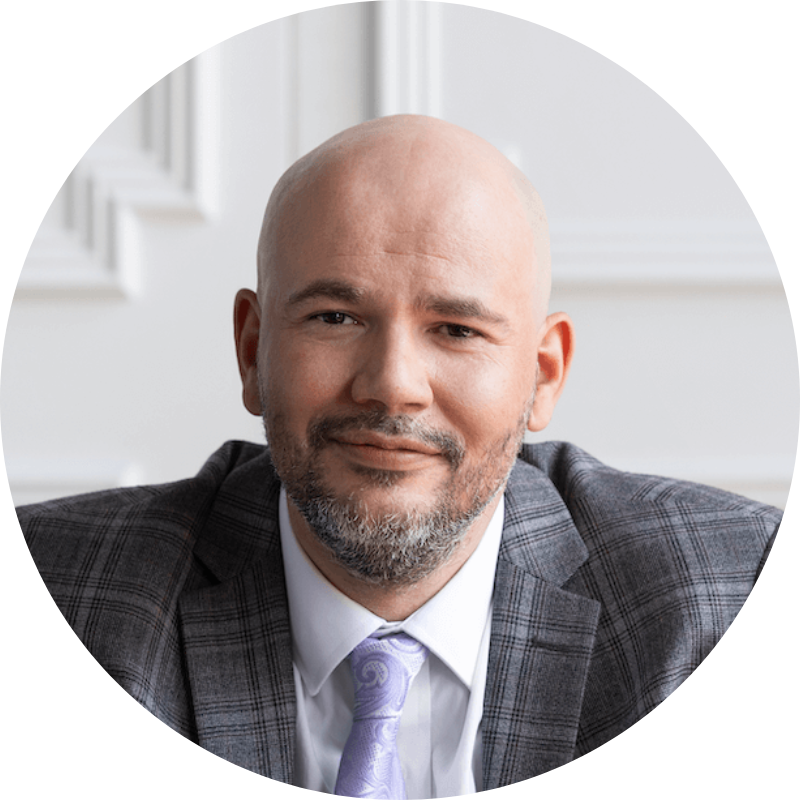
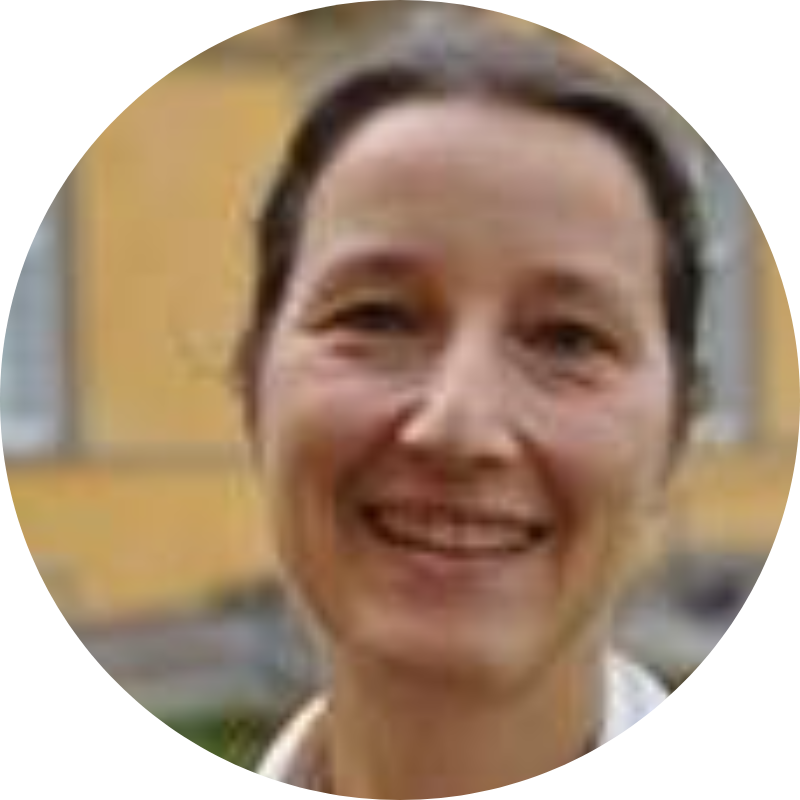
.png)
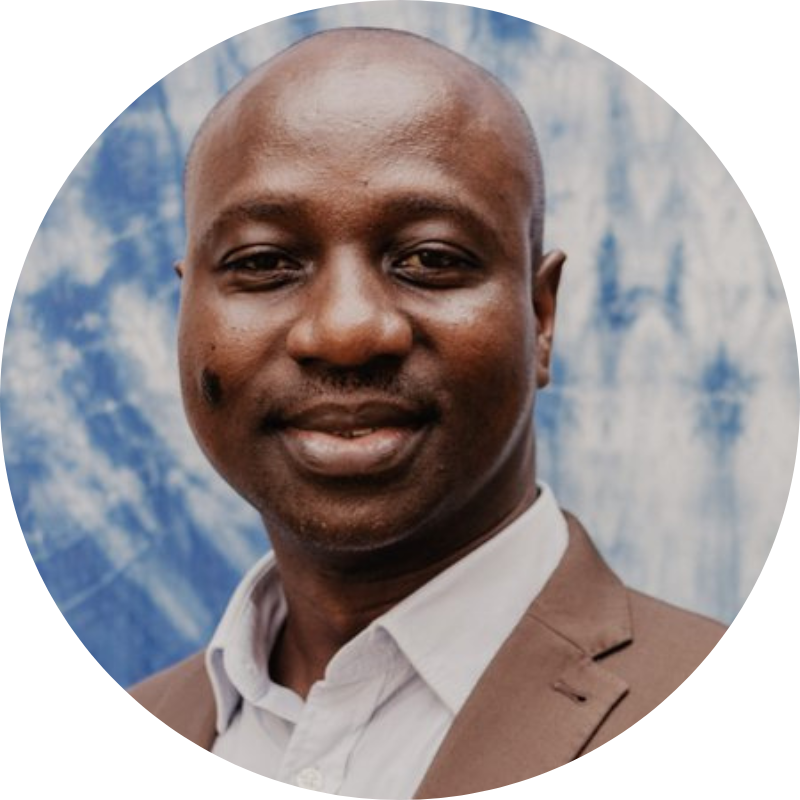
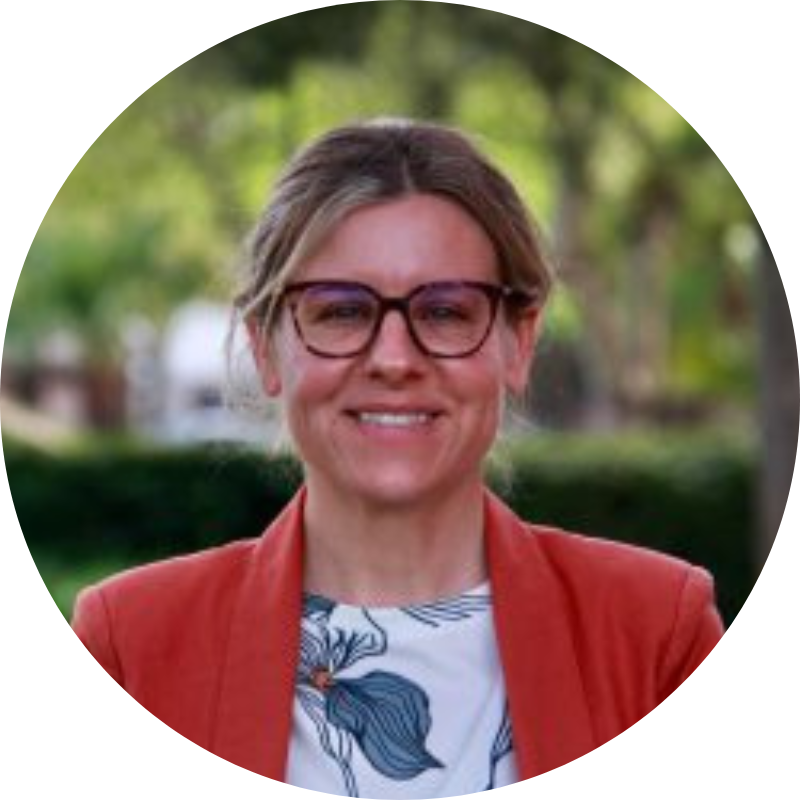

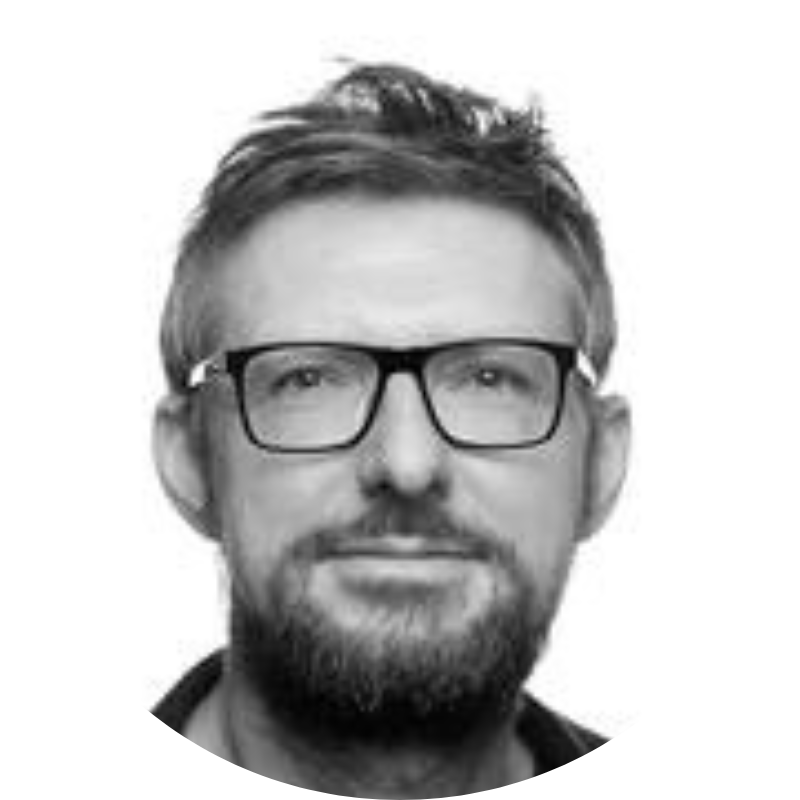
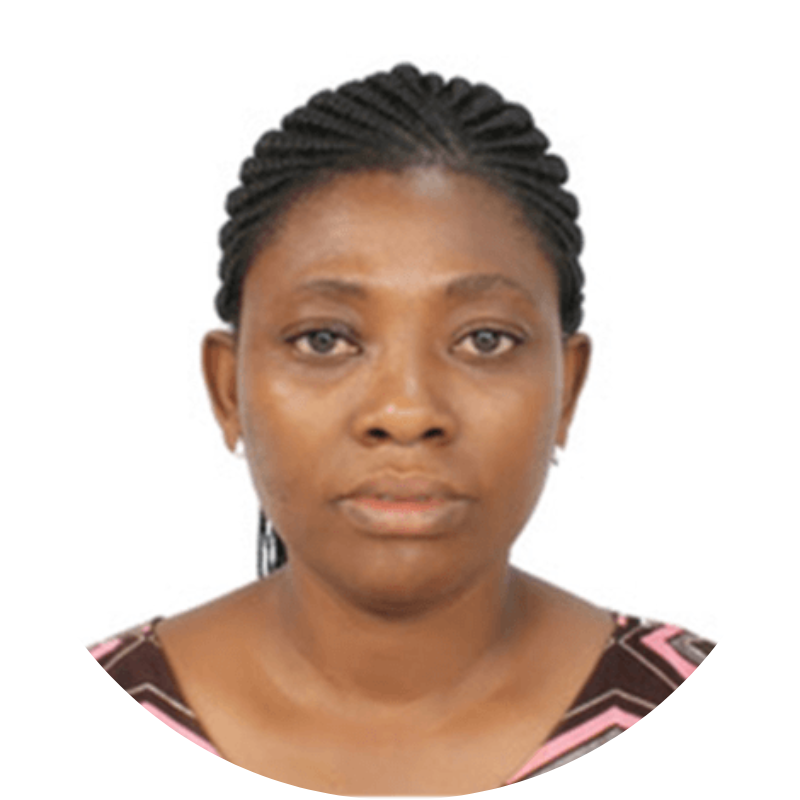

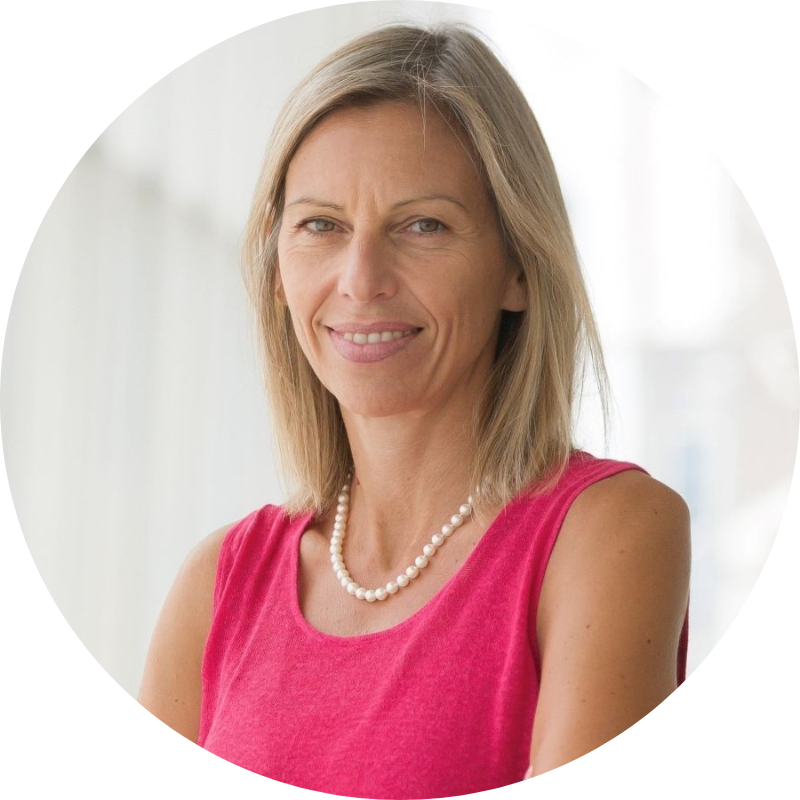

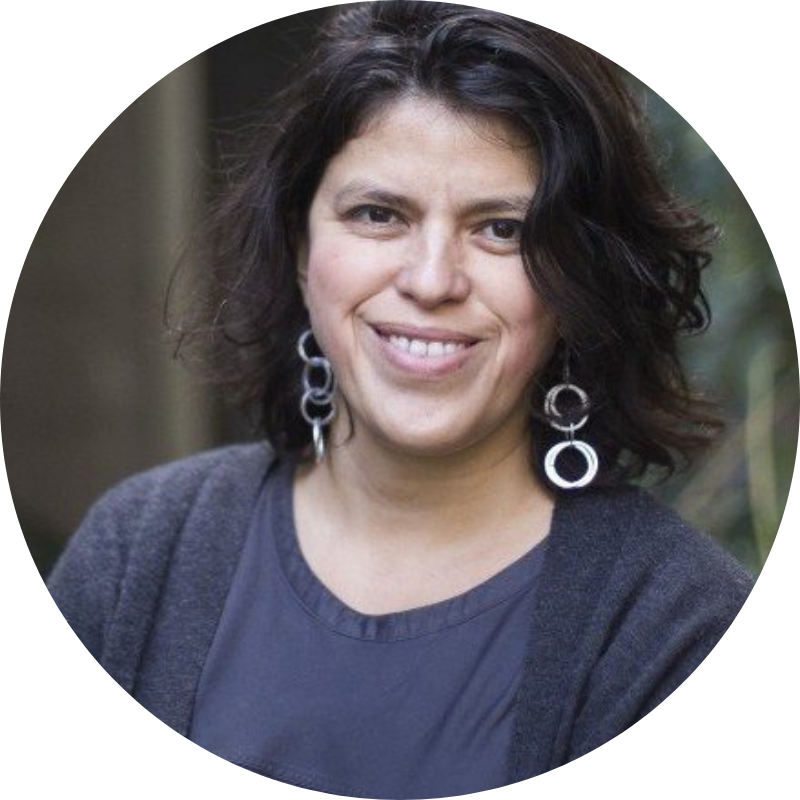
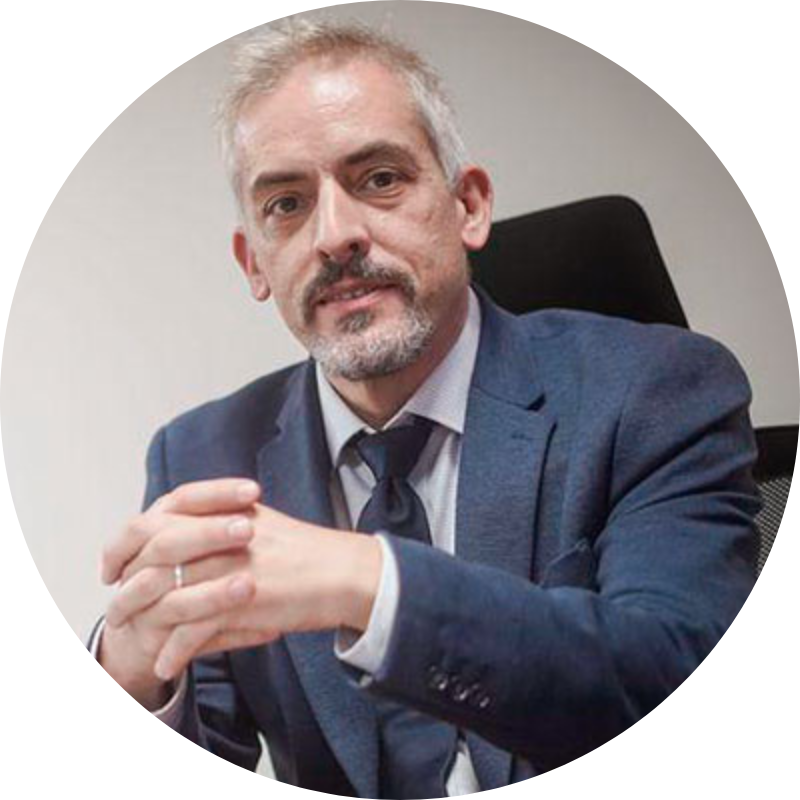
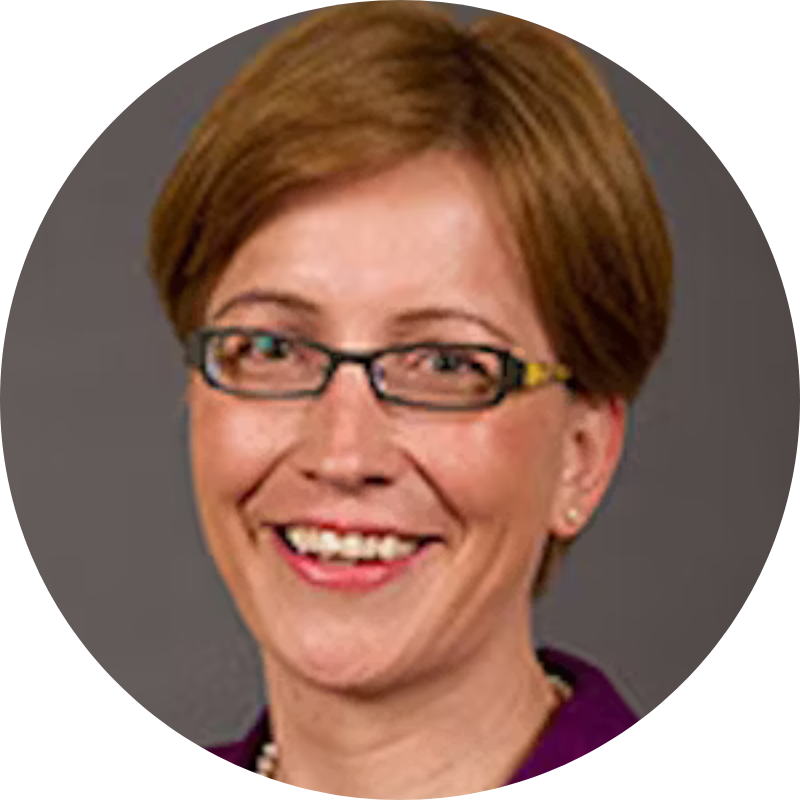


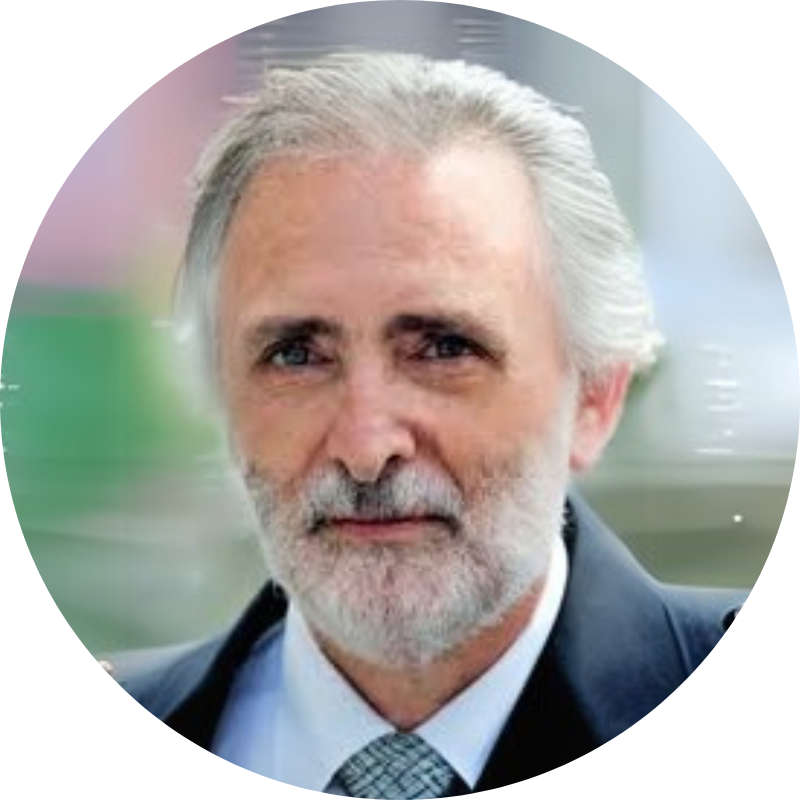
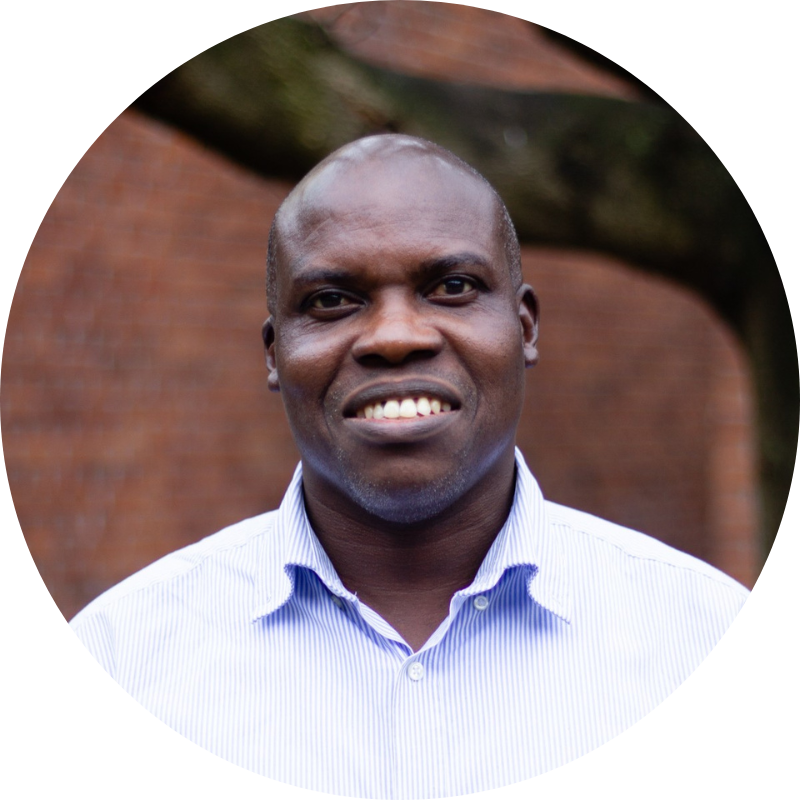
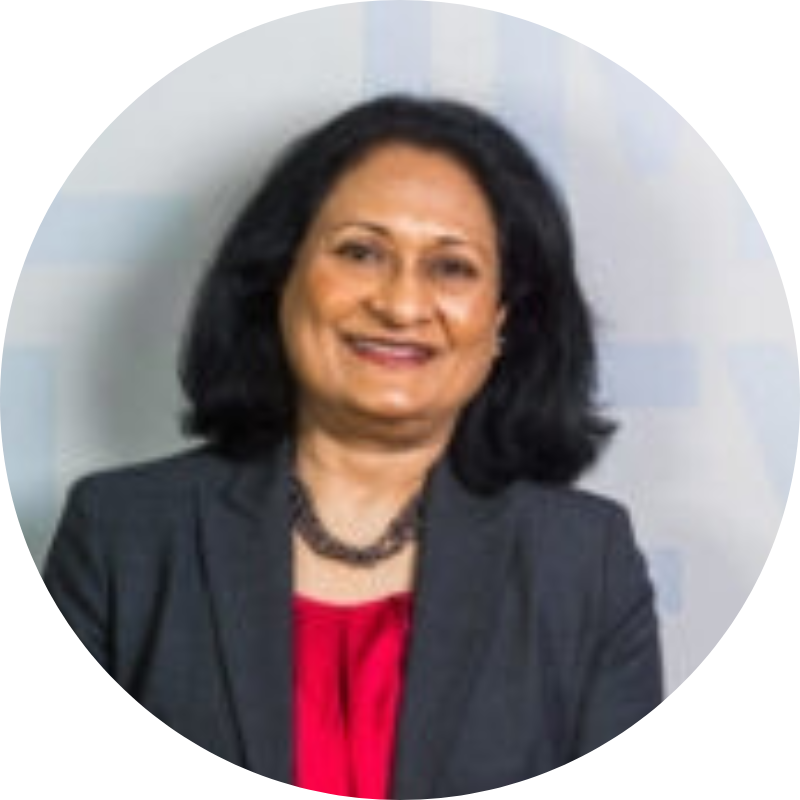

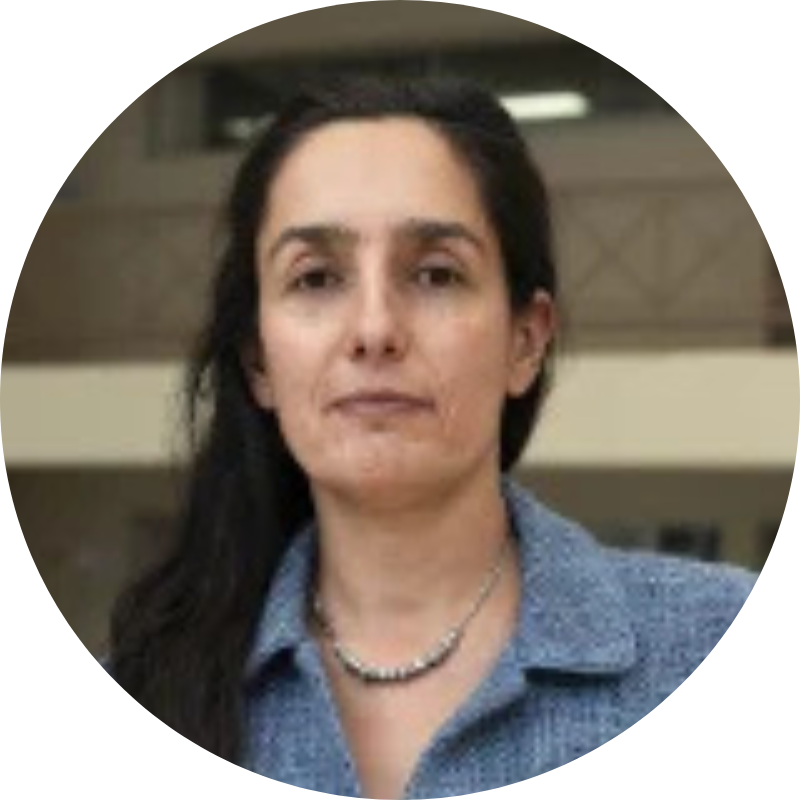






















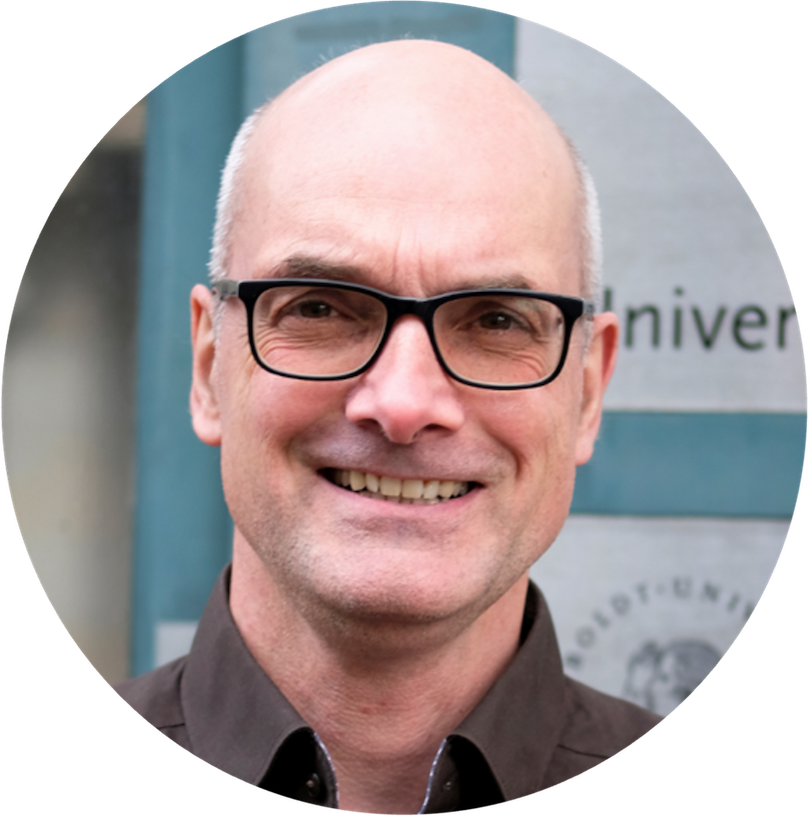

.png)
.png)